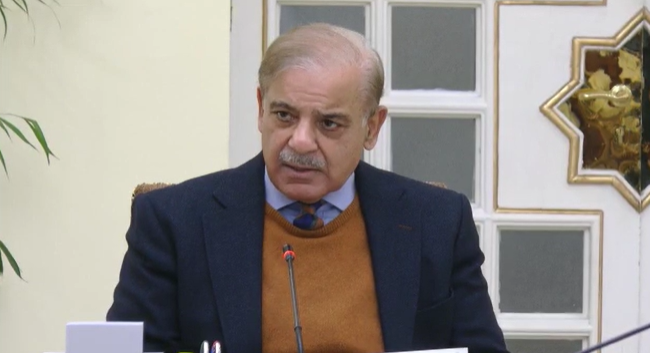Mohsin Siddiqui (Chief Reporter)
The Federal Board of Revenue (FBR) has introduced substantial new powers in the Finance Bill 2024-25 aimed at curbing tax fraud. These proposed changes grant the FBR extensive authority to impose penalties and imprisonment for various tax-related offenses. The bill, tabled in parliament, highlights several key sections under the Income Tax Ordinance that are set to enforce these measures.
Section 191-A: Prosecution for Incomplete Returns Under Section 191-A of the Income Tax Ordinance, the FBR seeks powers to prosecute companies, including banking companies and associations of persons, for failing to furnish complete information in their income tax returns. Offenses under this section include:
Failing to fully state all relevant particulars or information as specified in the return form, including a declaration of records kept by the taxpayer.Furnishing blank or incomplete particulars or information. Attaching blank or incomplete annexures, statements, or documents required to be filed.
Any entity found guilty of these offenses can face a fine or imprisonment for a term not exceeding one year, or both. Section 191-B: Prosecution for Non-Registration Section 191-B addresses prosecution for non-registration. Any person required to apply for registration under Section 99-B, but fails to do so, will be committing an offense punishable by imprisonment for up to six months, a fine, or both.
Section 25-AB: Investigative Audit Section 25-AB outlines the process for initiating investigative audits. If an Inland Revenue officer, not below the rank of assistant commissioner, suspects tax fraud based on audit information or other sources, they can, with the commissioner’s prior written approval, initiate an investigative audit against the suspected individual or entity.
Issue an order under Section 11-E after providing the registered person an opportunity to be heard on all issues arising from the audit.Issue a best judgment assessment order under Section 11-D if the registered person fails to produce required accounts, documents, records, or other evidence.Blacklist the registered person under Section 21.
The bill stipulates that any person who commits, causes to commit, or attempts to commit tax fraud will be liable to pay a penalty of Rs25,000 or 100% of the amount of tax evaded, whichever is higher. upon conviction by a special judge, the person may face imprisonment for: Up to five years if the tax evaded or sought to be evaded is up to Rs500 million. Up to ten years if the tax evaded or sought to be evaded is Rs1 billion or more, alongside a fine equivalent to the amount of tax evaded.
Individuals who abet or connive in the commission of tax fraud are also subject to stringent penalties. Upon conviction by a special judge, such individuals may face: Imprisonment for up to five years if the tax evaded or sought to be evaded is up to Rs500 million.Imprisonment for up to ten years if the tax evaded or sought to be evaded is Rs1 billion or more, along with a fine equal to the amount of tax evaded.
These proposed amendments signal a robust approach by the FBR to clamp down on tax evasion and fraud. The introduction of investigative audits and the power to prosecute for incomplete returns and non-registration reflect a comprehensive strategy to enhance tax compliance.
The bill also underscores the FBR’s commitment to utilizing technology to detect and prevent tax fraud. By leveraging data analytics and other technological tools, the FBR aims to identify discrepancies and enforce compliance more effectively.




